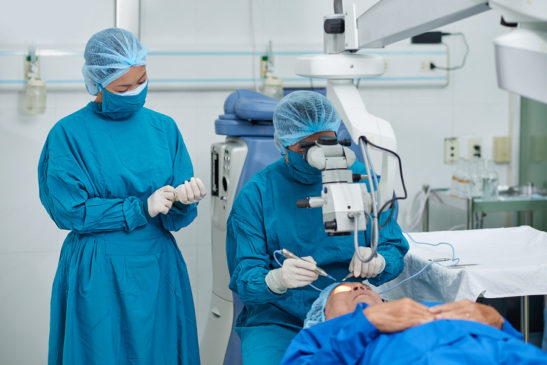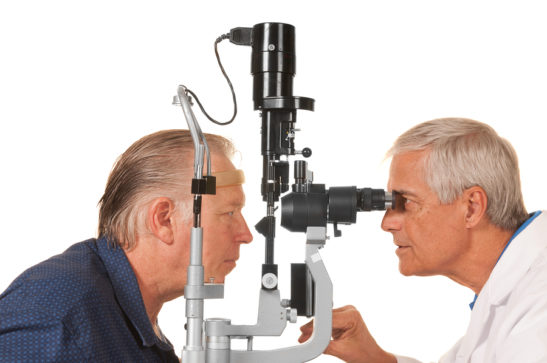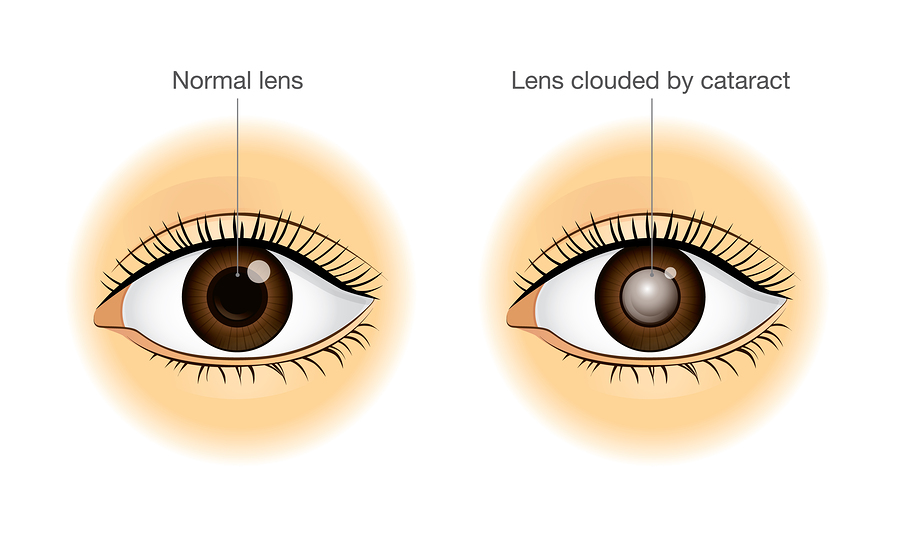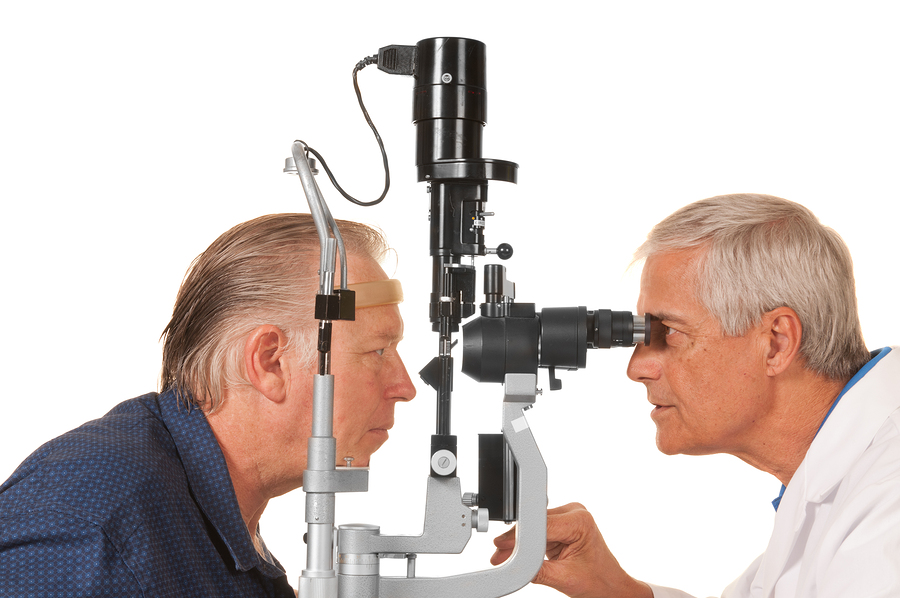Our friend and colleague, Jerry Rosenberg, passed away on November 5, 2019, his 89th birthday. He was a loving husband, father, grand and great-grandfather. He lived life with purpose, not allowing progressive vision and hearing loss or age, to thwart his mission to help others. Jerry chaired a support group, affiliated with the Association for Macular Diseases, for more than two decades. He loved to write and never stopped, his second book was published just weeks ago. He will be missed, but not forgotten.
Jerry’s distinct voice will continue to be heard through his articles published on the pages of OE Patients. We are honored to share a bit of his legacy with this memorial tribute.

Grandpa, You Can See That?
The vision loss of a family member or friend is not always easily understood by those around us. In this article, Jerry offers an honest assessment with a healthy dose of humor.

Cataracts Removed, Vision Improved
After years of advice not to remove cataracts, Jerry gets the go ahead and reports an excellent outcome.

You’re Never Too Old To Learn
In this post, Jerry reminds us that age should not be a barrier to leaning something new, particularly for those of us with vision loss, there is much to gain in adopting and adapting.

Hooray For Inclusive Technology
With the help of multiple accessible technologies, the writer in Jerry Rosenberg, does not skip a beat.

A New Doctor, A New Course
Jerry reminds us, sometimes when least expected, a new doctor will give you a whole new perspective.

ICanConnect Promotes Equal Access
Because Jerry was both legally blind and hearing impaired he was able to benefit from the ICanConnect program, receiving computer technologies and training that enabled him to communicate digitally and continue writing.
Jerry Rosenberg is the author of two books, The Speechwriter and My Granddaughter “The Junkie” – available on Amazon.







